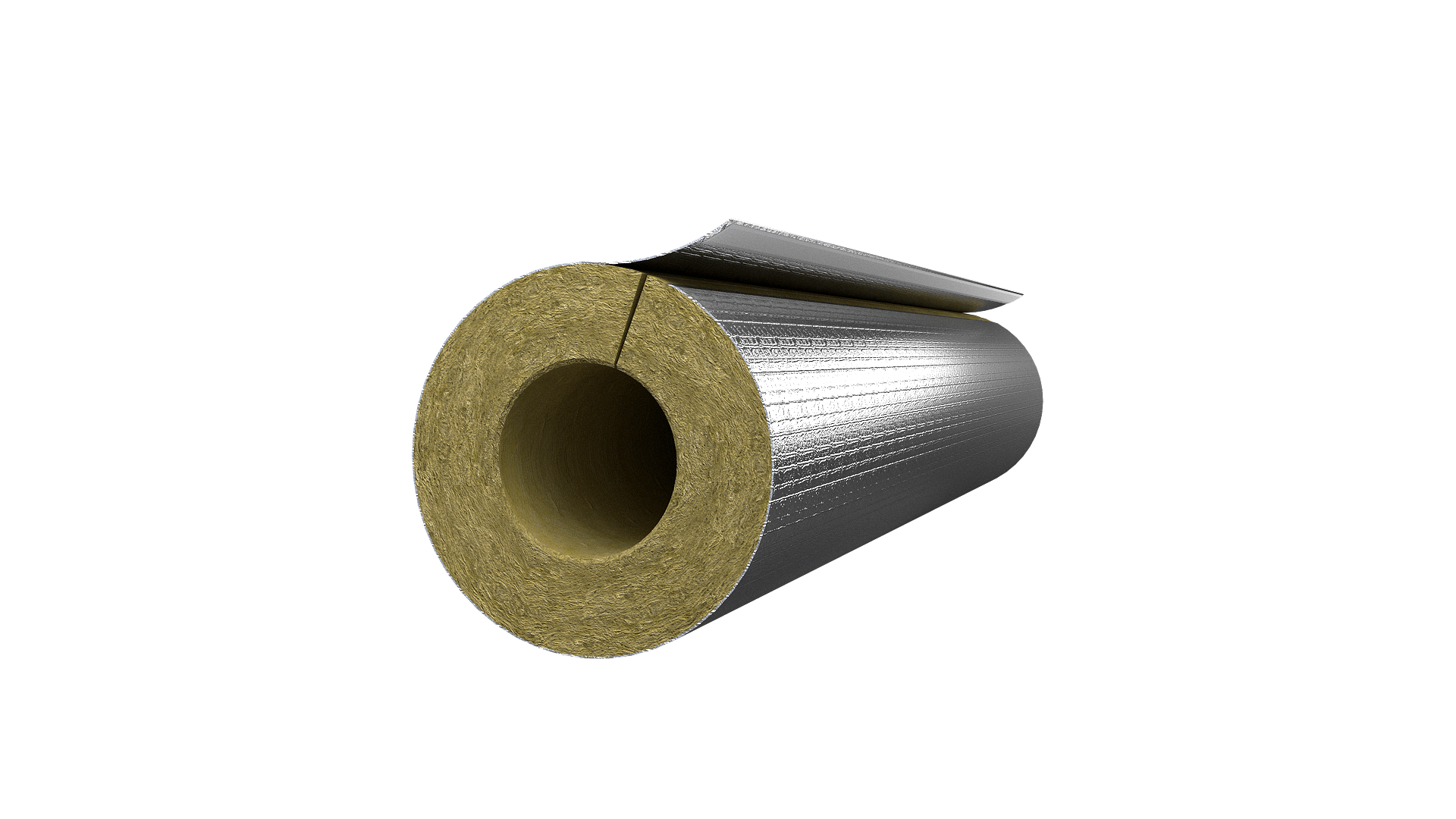Pipe insulation is important for both heating and cooling buildings.. Using pipe lagging to reduce the required energy demand can cut both operating costs and carbon emissions for all types of constructions – such as airports, apartment blocks, hotels, warehouses and schools.
Uninsulated pipes risk unsettled temperatures, leading to energy inefficiencies and potential damage. You can reduce these risks by installing the correct insulation around hot and cold pipe work.
From preventing heat loss in warm water pipes to stopping condensation in cold water lines to damage prevention, insulation is essential for efficient operation and reduced energy bills and consumption.
Different types of pipes require different performance levels to keep water hot or cold:
- Warm water pipes – insulation prevents heat loss, saving energy when water travels between a boiler or heating system to central heating units.
- Cold water pipes – insulation helps in keeping the temperature low and protects against condensation, ensuring that the desired temperature is maintained.
- Rain/waste water pipes – cold water pipe insulation prevents the formation of condensation which can cause corrosion or damage to the surrounding structure and can also reduce unwanted noise.
Read on to learn more about ROCKWOOL’s pipe insulation products and the expertise, support and resources we offer to our customers.


















